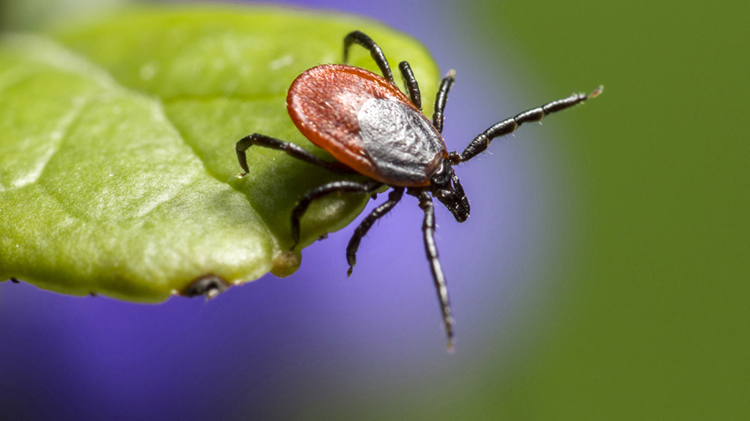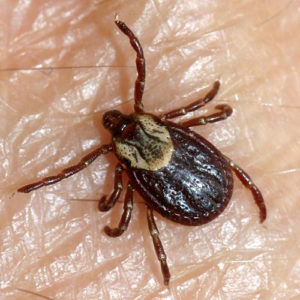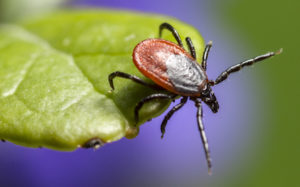Lyme disease vaccine trials are ongoing in the fall of 2022.
What is the latest news on the Lyme disease vaccine? Jane Caffrey reports that there are new steps in the fight against Lyme disease. Both Pfizer and Valneva are conducting a clinical trial for a Lyme Disease vaccine, and it is now in phase three.

Where are these Lyme disease vaccine trials?
Research is happening in neighboring Connecticut, at Stamford Health in Fairfield County. About 6,000 people across the globe are taking part in the study, and that includes 20 at Stamford Hospital.
“Last year, my 7-year-old actually got Lyme disease,” Zain Hoda explained. A side effect known as Lyme arthritis sent their son Reza to the hospital. “We have two kids and my wife had to stay home with one of them,” Zain Hoda said. “So it was just me in the hospital with my son for five days.”
It was a very traumatic experience for the young boy because he had to have surgery after his knee got infected. So by participating in the vaccine trial, the family wants to prevent something like this from happening again or to someone else. This is why they will be rolling up their sleeves for the next two-and-a-half years, taking part in the global clinical trial being conducted in places where Lyme disease is highly endemic, like Connecticut.
Read: Why is Lyme disease on the rise?
Dr. Michael Parry, chair of Infectious Diseases at Stamford Health, said, “When it becomes late in the course and hasn’t been aggressively treated upfront, Lyme Disease can produce all sorts of problems including:
- Neurological Disease
- Heart Disease
- Prolonged Fatigue
- Brain Fog”
As for how the Lyme Disease vaccine trial regimen works, each participant will receive four doses over the next 30 months. Some will get the new vaccine, while others will receive a placebo. “We will be following them with history, clinical symptoms, evidence of Lyme disease, blood tests, to evaluate how well this vaccine protects them against Lyme disease,” Dr. Parry said.
How long might a Lyme disease vaccine take to be approved?
He says if the clinical trial is successful, the timeline for when regulators would look at approving the vaccine would be in 2026 or 2027. “If a vaccine is 80 to 90 percent protective, it still would be a huge advance in the prevention of Lyme disease,” Dr. Parry said.
Researchers at Stamford Hospital are still seeking more pediatric participants, so they can gather enough data about how this vaccine works for kids. Participants for this study must be at least 5 years old.
For more information, the office of Dr. Parry can be reached at Stamford Health Medical Group, 29 Hospital Plaza, Suite 605, Stamford, CT 06902.






